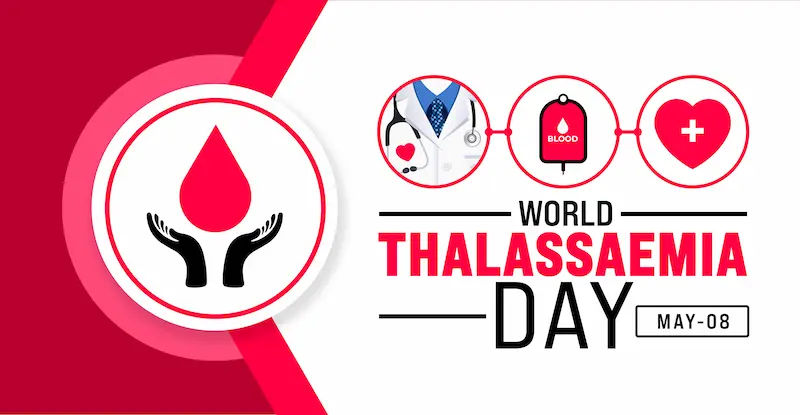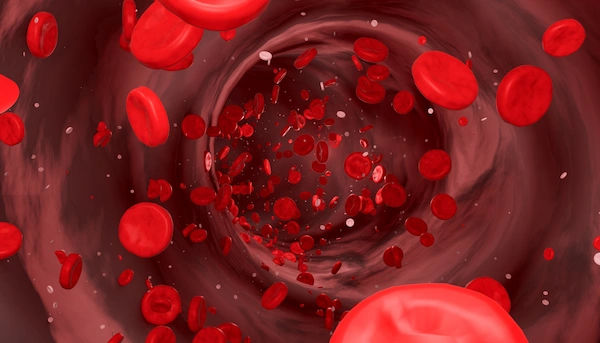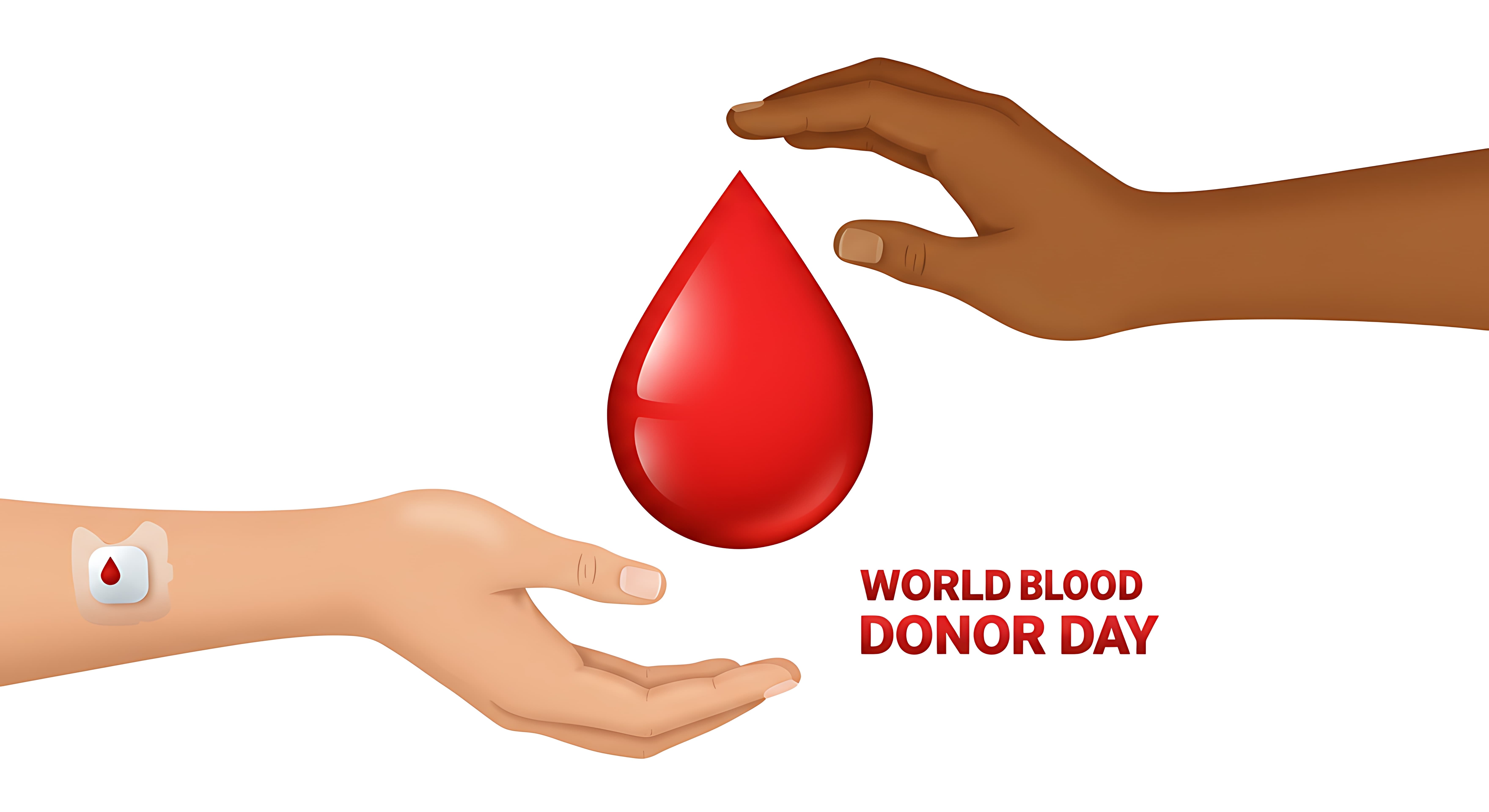- Male
- 23 Years
- 29/01/2025
I'm dealing with a pretty low vitamin B12 level, around 72Pgml, and I've been having some back and shoulder pains. Sometimes I even feel a bit dizzy. Could this be linked to the low B12? What can I do to get it back to normal?
Answered by 1 Apollo Doctors
To address a low vitamin B12 level of 72 pgmL, consider the following steps: consult your doctor about starting vitamin B12 supplements, either orally or through injections, aiming for a daily dose of 2.4-2.6 mcg; increase dietary intake of B12-rich foods, such as fish, meat, poultry, eggs, dairy products, and fortified plant-based milk; and address potential underlying causes of deficiency, such as gastrointestinal disorders or medication interactions; regarding symptoms, yes, low B12 levels can cause back and shoulder pain, dizziness, fatigue, and numbness or tingling sensations, so correcting the deficiency may help alleviate these symptoms.
Dr. Anshul Suggests...
Consult a Haematologist
Answered 04/07/2025
0
0

More Haematology Health Queries
View allI'm looking at my blood report and trying to understand what's going on. The TLC is at 16900, and it says Neutrophils are 82, while Lymphocytes are 15. There's also something about PCVHCt Hematocrit at 38.6 and MCHC mean crop Hb conc. Should I be concerned about any of these numbers? What do they imply about my health?
Do CRP and ESR
Answered by 1 Apollo Doctors
I'm a bit concerned about my recent blood test results showing high lymphocytes. Is this something I should be worried about? Plus, I've been losing weight unexpectedly. Could these things be connected?
High lymphocytes in the blood, known as lymphocytosis, can be caused by various factors such as infections, autoimmune disorders, and certain types of cancer like lymphoma. Since you are also experiencing excessive weight loss, it is important to further investigate the underlying cause. I would recommend consulting with a healthcare provider for a thorough evaluation. In the meantime, maintaining a healthy diet and lifestyle is important.
Answered by 1 Apollo Doctors
I've just gotten my blood test results back, and everything looks normal except for a high level of plateletcrit, sitting at 3.30 mLL. I don't have any other symptoms right now, but should I be concerned about this? What could it mean, and is there something specific I should do or look out for?
its normal finding
Answered by 1 Apollo Doctors
Disclaimer: Answers on Apollo 247 are not intended to replace your doctor advice. Always seek help of a professional doctor in case of an medical emergency or ailment.



.webp)

